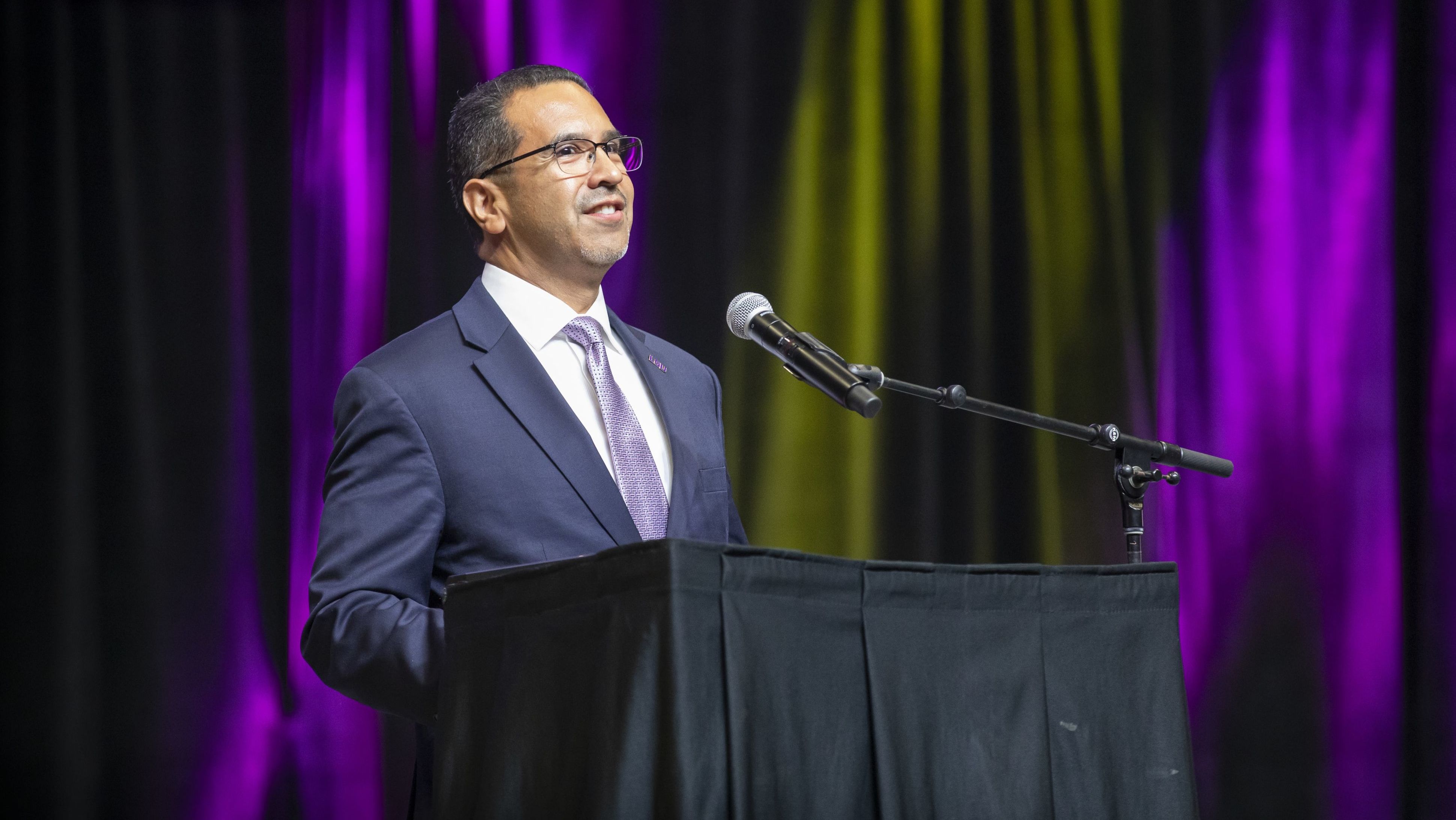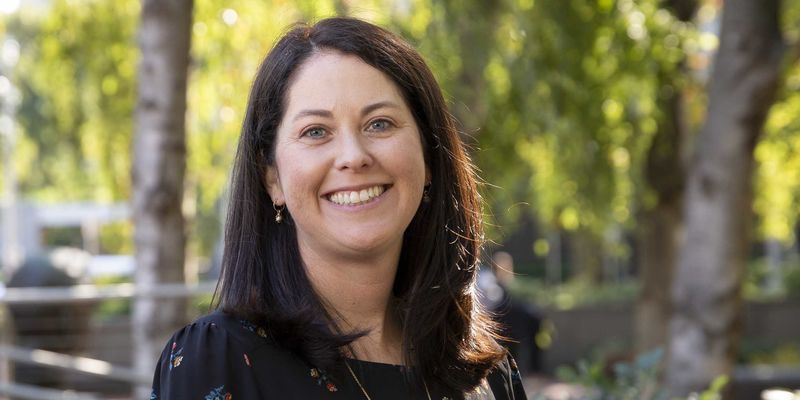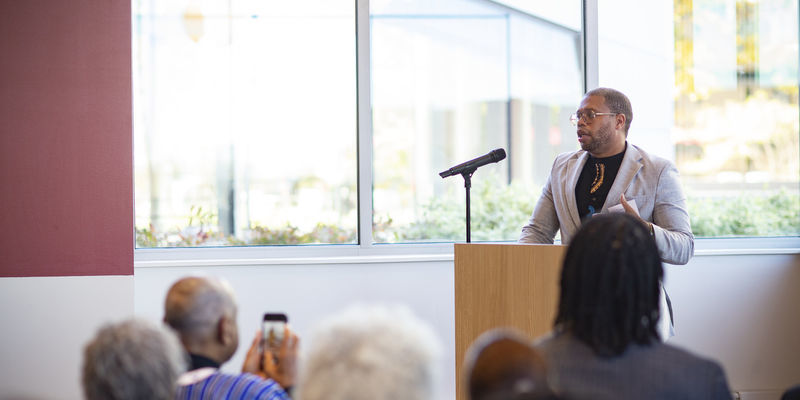Meet Temple’s new vice provost for enrollment management
Jose Aviles vows to create an inclusive infrastructure that supports students from recruitment through graduation.

In March, Temple University announced the appointment of Jose Aviles as vice provost for enrollment management. Aviles takes the helm after serving as vice president for enrollment management and student success at Louisiana State University (LSU) since 2017.
In his six years at LSU, Aviles led a number of departments including undergraduate admissions, financial aid, student success and retention, and the registrar, among others. And he propelled enrollment to an all-time high, with records for the most accomplished, largest and most diverse first-year classes.
In advance of his May 1 start date, Temple Now sat down with Aviles to find out what he is looking forward to in his new role and what challenges and opportunities he sees in his future at Temple.
Temple Now: How does it feel to be returning to your home region?
Jose Aviles: I grew up attending an underresourced school in South Jersey. So many of my friends and I looked up to Temple at that time—to John Chaney, of course—and we cheered on Mark Macon when he led the Owls to the Elite Eight in the NCAA men’s basketball tournament.
For my peers and me, Temple was an institution we all aspired to. It’s gratifying at this point in my career to be able to do my life’s work—something I consider my calling—in what is essentially my hometown at a place known for doing historic work in enrollment. It’s difficult to fully describe the depth of that feeling.
TN: What do you think distinguishes Temple and makes it ‘the place to be’?
JA: First of all, Temple’s location in the heart of Philadelphia, one of the top cities in the country, means it can offer students exposure to hands-on learning and a wide range of real-world experiences that many universities simply cannot.
But more importantly, Temple is an R1 institution and that places the university in an exclusive group of higher educational institutions that draw extraordinary faculty, truly the best and the brightest. This means Temple can offer students unparalleled academics with unique learning opportunities in classrooms, research facilities and technology labs across the campus. Not every university can say that.
TN: What do prospective students of today want? What do you see on the horizon for the value of college degrees?
JA: If you look at the research, for 25 years the number one factor influencing a student’s choice for college is academic reputation. That’s why it will be essential going forward at Temple for us to aggressively amplify the high level of academics we offer and the stellar faculty we have.
And the other factor is value. Students and their families want to know if they will get a return on their investment. We are at a disruptive period in history; we are experiencing a sharp decline in the number of students graduating from high school and rapid growth in diversity in the educational pipeline. We know that the fastest growing group of prospective students come from low-income backgrounds or families where they may be the first to attend college, as I, myself, was.
And we know that the challenges in academic preparedness for college were exacerbated by the pandemic. But I see these challenges as opportunities. They are opportunities for us to do consequential work with deep impact. We have the opportunity to examine how we recruit and support those who have been underserved. It’s incumbent upon us to engage and inspire and figure out how we can create an inclusive picture of success for the next generation of college students. Temple is uniquely situated to face these challenges and be a leader in not only recruiting students but following them through their four years to graduation.
TN: What will be some of your priorities as you begin your new role?
JA: I plan to spend a lot of time listening and learning and fostering a community anchored in enrollment strategy. The best way for us to carry out our mission is to build strategies that lead to successful outcomes and create a proactive infrastructure that is intentional and well-designed to follow students through their entire Temple journey. The status quo is no longer sustainable. And there’s no silver bullet. Now it’s about who has the courage to analyze current practices and reengineer better outcomes for students from all backgrounds.



